Physical Address
304 North Cardinal St.
Dorchester Center, MA 02124
Physical Address
304 North Cardinal St.
Dorchester Center, MA 02124
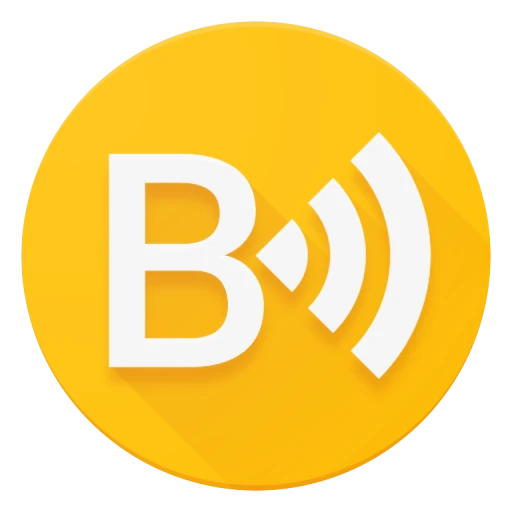 |
|
| Rating: 4.1 | Downloads: 500,000+ |
| Category: Music & Audio | Offer by: Bubblesoft |
BubbleUPnP UPnP/DLNA License is a specialized application designed to manage digital rights associated with media files shared within a UPnP or DLNA compatible network environment. It allows users to apply, view, and enforce license restrictions on multimedia content, primarily guarding against unauthorized copying or distribution. This tool is targeted towards content creators, publishers, or organizations sharing protected media assets over a local network.
The key value of the BubbleUPnP UPnP/DLNA License app lies in its ability to provide granular control over media access and usage within a home or office network. Users can impose expiration dates, copy limits, and viewing constraints, ensuring their valuable content remains secure and properly licensed even when it is being streamed from one device to another on the same network.
| App Name | Description |
|---|---|
| WinLicense UPnP Media Manager |
This tool interfaces with Media Servers (including BubbleUPnP UPnP/DLNA) to offer advanced reporting and persistent license tracking across the entire home content ecosystem. |
| Premium Server Admin Suite |
Beyond simple licensing, this web-based dashboard offers parent/child device management and reporting analytics for detailed UPnP/DLNA setup visibility, supporting complex user hierarchies. |
| DLNA Rights Control Workbench |
Primarily designed for IT environments managing organizational content sharing, it provides robust multi-device policy assignments, potentially offering BubbleUPnP UPnP/DLNA License functionality scaled for a corporate DLNA infrastructure. |
Q: Can I use the BubbleUPnP UPnP/DLNA License app to protect my entire media library for sharing on my home network?
A: Yes, however, it applies licenses case-by-case to specific media files or folders rather than acting as a blanket protection mechanism. You need to manually add license restrictions (like expiration or copy limits) to files/folders prepared on your media server before they become accessible with BubbleUPnP UPnP/DLNA.
Q: Does ABubbleUPnP UPnP/DLNA License support specific video resolutions or file formats?
A: The application itself operates directly on the UPnP/DLNA license files and the license management scope. Its effectiveness relates to the UPnP/DLNA server implementing the license rules correctly, not the resolution or format of the video/audio file being streamed. The license management remains consistent regardless of player settings, client device capabilities, or Microsoft format requirements.
Q: How do I apply a unique license to a particular video file I want to share?
A: Access the file in the context of your Media Server software (like BubbleUPnP UPnP/DLNA Server). Open the media item’s properties or license settings section. Select relevant parameters like ‘Read access only’, set an end date, or limit the viewing actions emulated on client devices by the video player software. Save the changes, and this customized license will be transmitted automatically whenever the file is accessed via the app for streaming.
Q: Can BubbleUPnP UPnP/DLNA License enforce restrictions if someone shares my media outside the defined DLNA network?
A: No, the license enforcement strictly occurs within the local, trusted BubbleUPnP UPnP/DLNA environment. Once content leaves this controlled network environment and is shared externally, unless the receiving device has also been set up to strictly enforce licensing rules (often complex and user-specific), the restrictions cannot be guaranteed to be enforced securely beyond the scope of the app.
Q: Is technical setup of licenses using the BubbleUPnP UPnP/DLNA License app complex?
A: The user interface is generally intuitive for applying basic rules like expiration or copy limitations. Understanding the underlying UPnP/DLNA structure (and licensing functions) might take time for complete mastery, but implementing standard restrictions like limiting views to 5 times on an external hard drive or desktop media server is typically straightforward and quick once introduced.
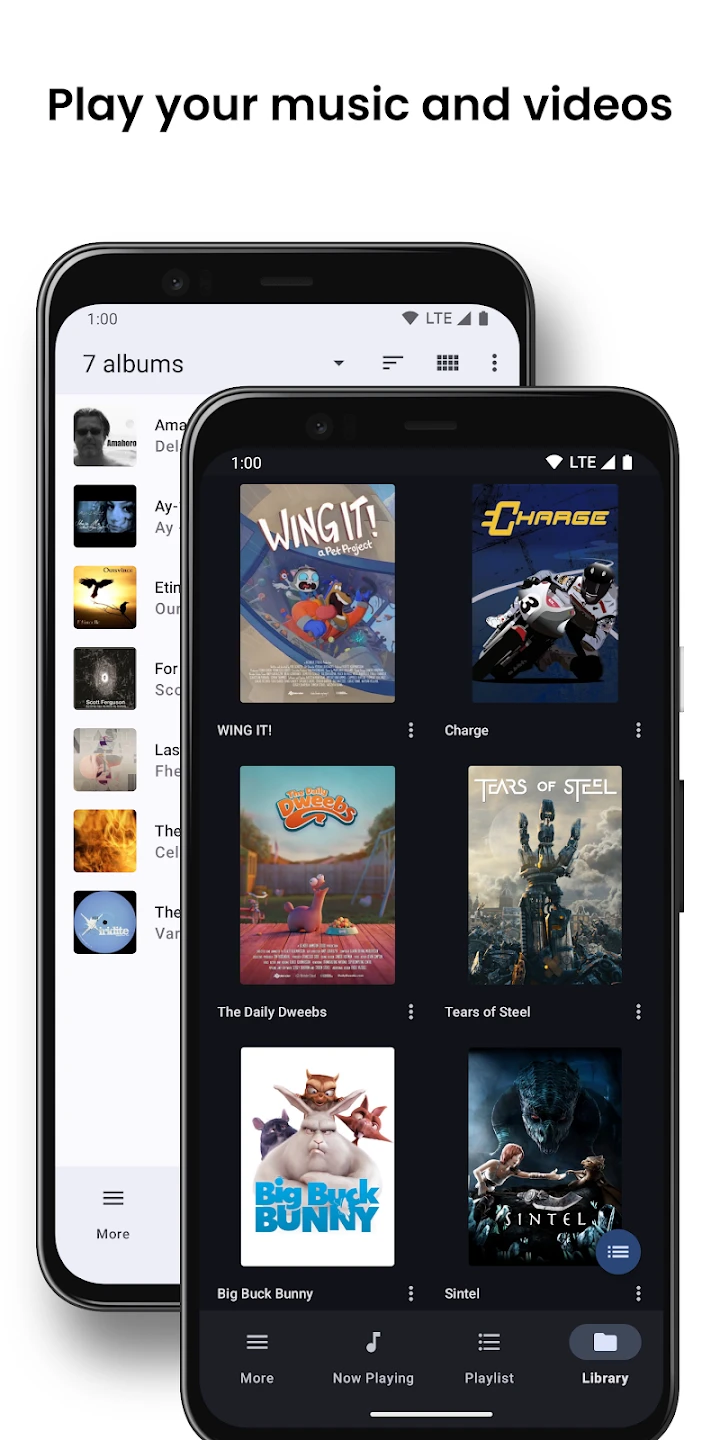 |
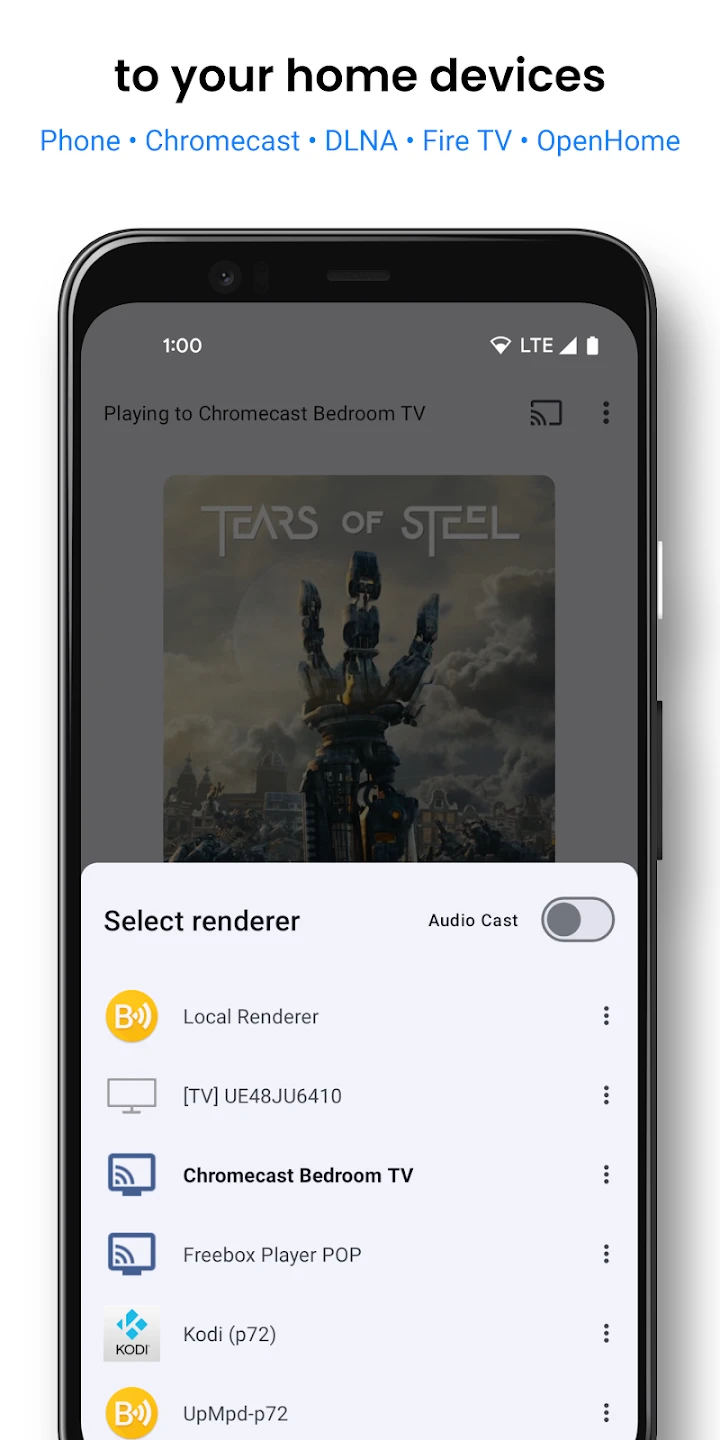 |
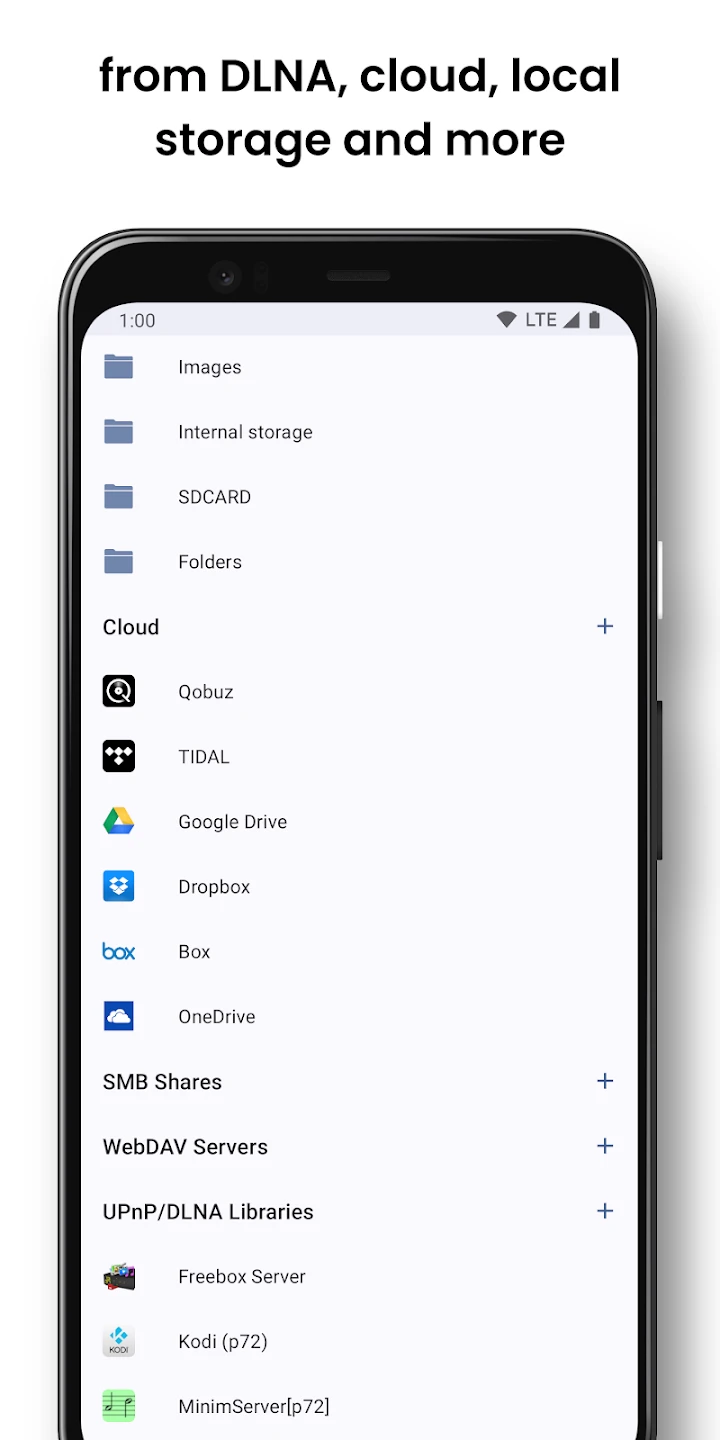 |
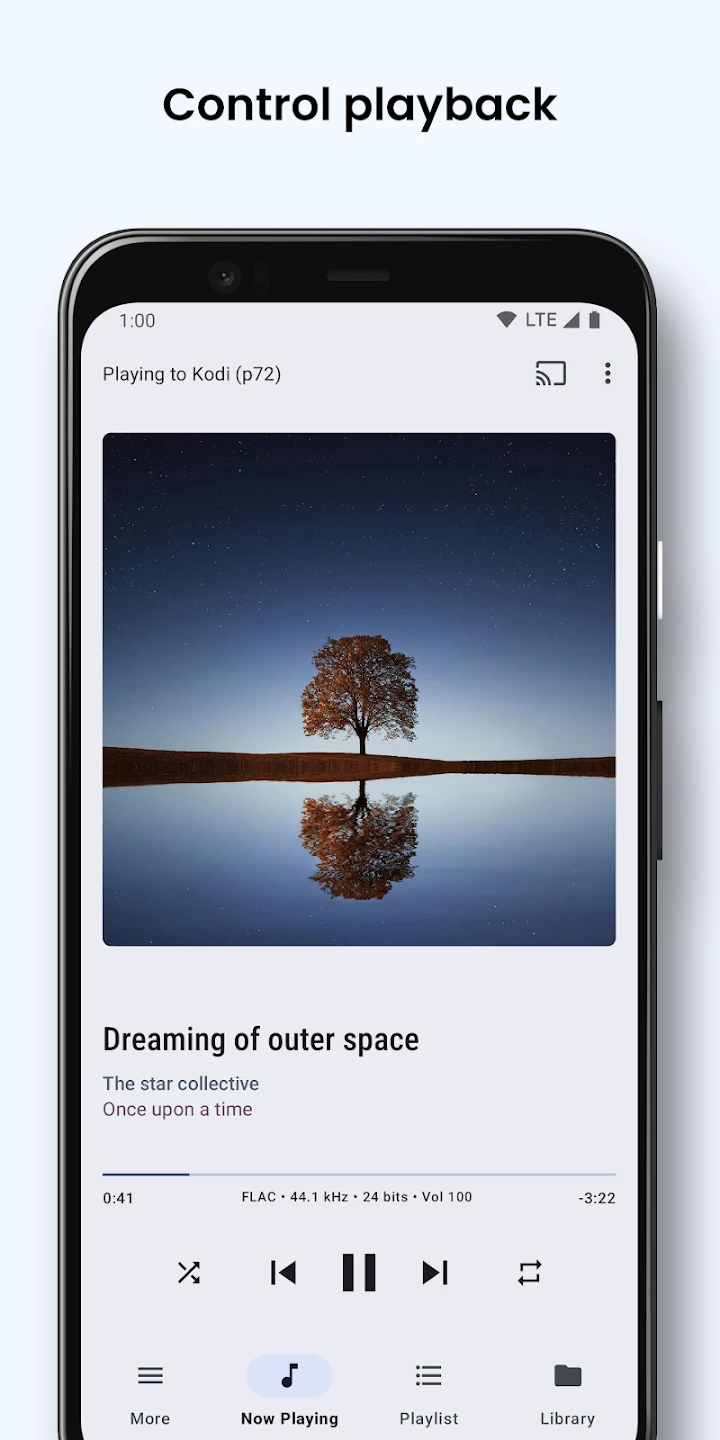 |